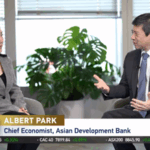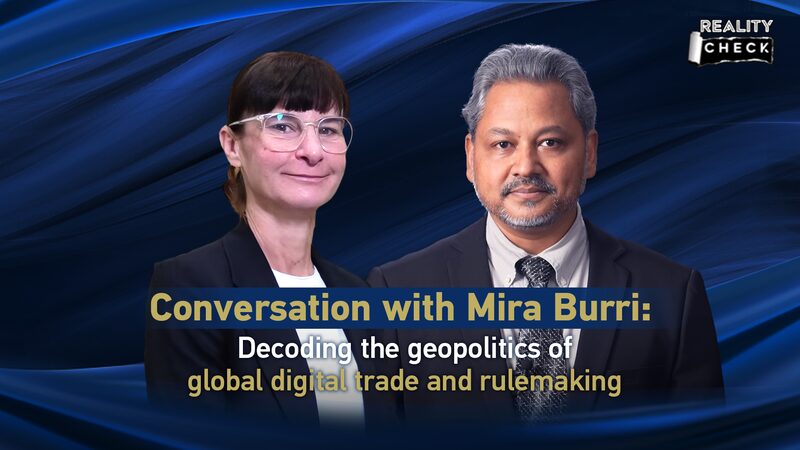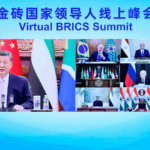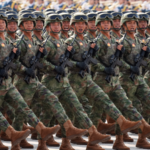The Indo-Pacific’s geopolitical landscape is being reshaped by two major forces — China’s rising influence and shifting U.S. policies — according to economist Danny Quah from the National University of Singapore. 🌍💬 His analysis, dubbed the ‘two-shock theory,’ urges nations to rethink strategies in a rapidly changing world.
The ‘China shock’ reflects the country’s expanding economic and political clout, altering trade patterns, security frameworks, and regional alliances. Meanwhile, the ‘U.S. shock’ stems from Washington’s pivot toward unilateral actions and security-first economic policies, moving away from its historic role as a champion of multilateralism. 🇨🇳🇺🇸
“This isn’t about picking sides,” Quah emphasizes. Instead, he highlights how Indo-Pacific nations now face a double-edged challenge: balancing ties with a rising China while adapting to a less predictable U.S. approach. Think of it like a high-stakes game of Diplomacy meets Fortnite — survival requires agility and smart alliances. 🎮🔥
For young professionals and entrepreneurs, these shifts mean new opportunities and risks. Supply chains could realign, tech sectors may pivot, and investment flows might follow fresh paths. Students and travelers, too, should watch how cultural and economic exchanges evolve under these pressures.
Quah’s takeaway? “Understanding both shocks isn’t optional — it’s essential for any nation aiming to thrive.” Whether you’re a startup founder eyeing Asian markets or a backpacker planning your next trip, staying informed just got more critical. 💼✈️
Reference(s):
Two shocks, from China and U.S., reshapes Indo-Pacific, says economist
cgtn.com







